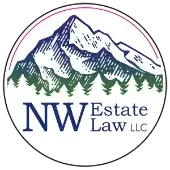
Menu
- Home
- Estate Planning
- Probate & Estate Administration
- Business Succession Planning
- Asset Protection
- Charitable Planning
- Estate Tax Planning
- Estate Planning for Singles
- Estate Planning for Married Couples
- Estate Planning for Minor Children
- Estate Planning for Blended Families
- Estate Planning for Peak Earning Years
- Estate Planning When Nearing Retirement
- Estate Planning for Retirement
- Estate Planning When Divorced
- Medicaid
- Elder Law
- Becoming a Client
- Resources
- About Us
- Contact Us
close
